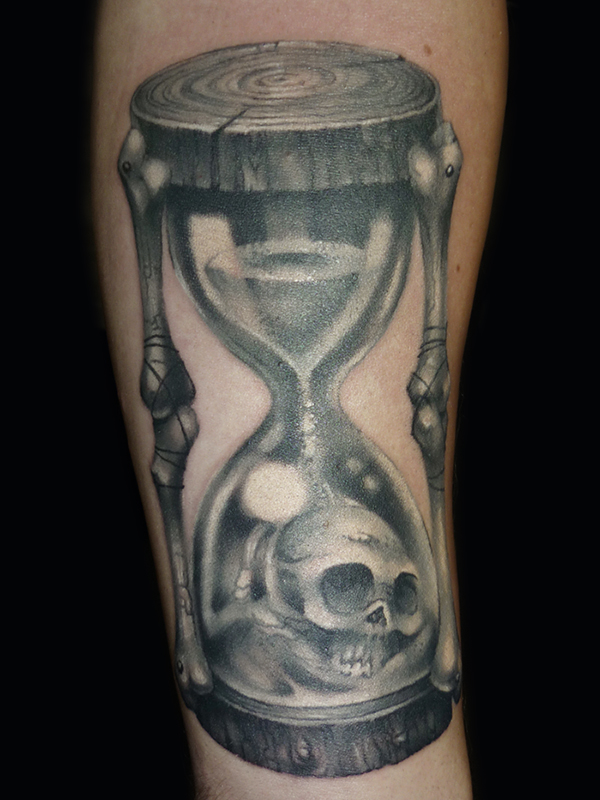

More precisely, the analysis found, practice can account for 18 percent of the difference in athletic success. (See Slate for a write-up of some of these studies.)Ī 2016 meta-analysis - also co-authored by Macnamara - in Perspectives in Psychological Science looked at 33 studies on the relationship between deliberate practice and athletic achievement and found that practice just doesn’t matter that much. (Also, it’s always been a bit of a stretch to extrapolate findings from a study on violin students to other areas.) Studies have been chipping away at the “10,000-hour rule” for years. But the original study claimed that practice accounted for 48 percent of the difference. Practice still mattered: It accounted for 26 percent of the difference between good violinists and the less accomplished students. “In fact, the majority of the best violinists had accumulated less practice alone than the average amount of the good violinists,” the authors write. It finds that practice does matter for performance, but not nearly as much as the original article claimed, and surprisingly, it works differently for elite performers.

The replication - conducted by Brooke Macnamara and Megha Maitra of Case Western Reserve University - included a somewhat larger sample size and tighter study controls, and was preregistered (meaning that the scientists locked their methods and analysis plans in place before they collected any data, preventing them from retroactively changing their premise to fit their findings). He dubbed it the “10,000-hour rule.” “Ten thousand hours is the magic number of greatness,” Gladwell wrote, drawing on anecdotes from famous success-havers (like Bill Gates and the Beatles), but also on the 1993 paper (which according to Google Scholar has been cited more than 9,800 times). The idea was then popularized in the book Outliers by journalist Malcolm Gladwell. The conclusions implied that deliberate practice was the most important ingredient needed to achieve elite status, more important than inborn characteristics like genetics, or personality. The original finding was simple, and compelling: The very best, expert players - those who were considered elite - were the ones who had practiced the most. This week, the journal Royal Society Open Science published a replication of an influential 1993 study on violin players at a music school in the journal Psychological Review. It’s often disappointing to read about: Many times the debunked ideas were, ultimately, about helping people become better versions of themselves. Covering psychology the past several years, I’ve grown used to reading about how classic, viral experiments in the field are failing in rigorous retests.


 0 kommentar(er)
0 kommentar(er)
